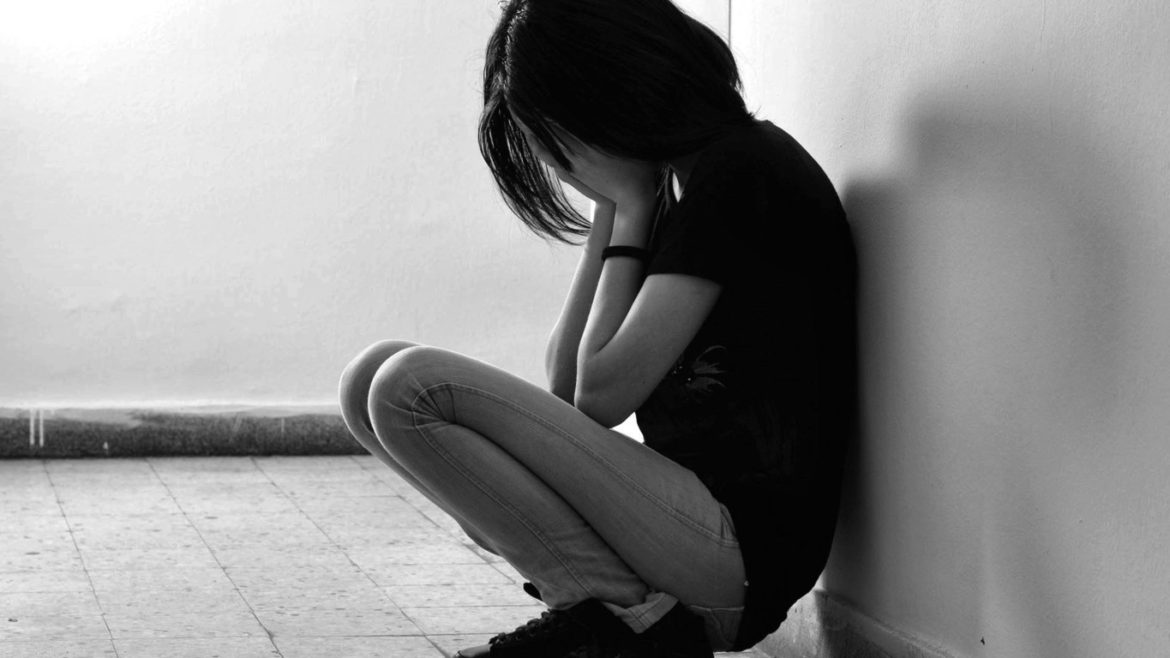What is depression in children and teens?
Depression is a severe mood disorder that can take the enjoyment from a child’s life. It is normal for a child to be moody or sad from time to time. You can expect these feelings after the death of a pet or a move to a new city. But if these feelings persists for several weeks or months then that child develop his/her depression.
Experts used to think that only adults could get depression. Now we know that even a young child can have depression that needs good treatment to improve. Study says that as many as 2 out of 100 young children and 8 out of 100 teens have serious depression problems. In spite of that many children’s don’t get the treatment they need.
What are the symptoms?
A child may be depressed if he or she:
- Is sad, irritable, withdrawn, or bored most of the time.
- Does not take pleasure in things he or she used to enjoy.
A child who is depressed may also:
- Gain or loose weight.
- Sleep too much or too little.
- Feel hopeless, worthless, or guilty.
- Have trouble concentrating, thinking, or making decisions.
What causes depression?
The causes of depression is not well understood. But it is linked to a problem with activity levels in certain parts of the brain as well as an imbalance of brain chemicals that affect mood. Things that may cause these problems include:
- Stressful events, such as changing schools and leaving place or losing a close family member or friend.
- Medicines, such as steroids or opioids for pain relief.
- Family history. In some children, depression seems to be inherited.
How is depression diagnosed?
Doctor might do a physical examination and ask questions about your child’s past health to diagnose depression. You and your child may be asked to fill out a form about your child’s symptoms. The doctor may ask your child questions to learn more about how he or she acts, thinks, and feels.
How is it treated?
Counselling may help the child feel better. The type of counselling will depend on the age of the child. For young children, play therapy may be good. Older children and teens may benefit from cognitive behavioural therapy (CBT). If your child is very depressed then medicine may be an option. Combination of antidepressant medicine with counselling often works the best. But a child with serious depression may need to be treated in the hospital.
Here are some things that you can try at your home to assist your child start to feel better.
- Encourage your child to get regular exercise, spend much time with supportive friends, eat healthy foods, and get enough sleep.
- See that your child takes any medicine as prescribed and goes to all follow-up appointments.
- Make some time out of your busy schedule to talk and listen to your child. Ask how he or she is feeling. Express your love and support.
- Remind your child that things will get better in time.

